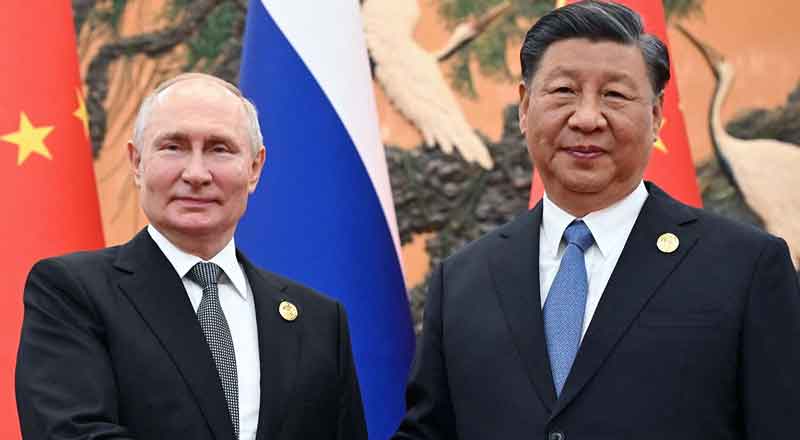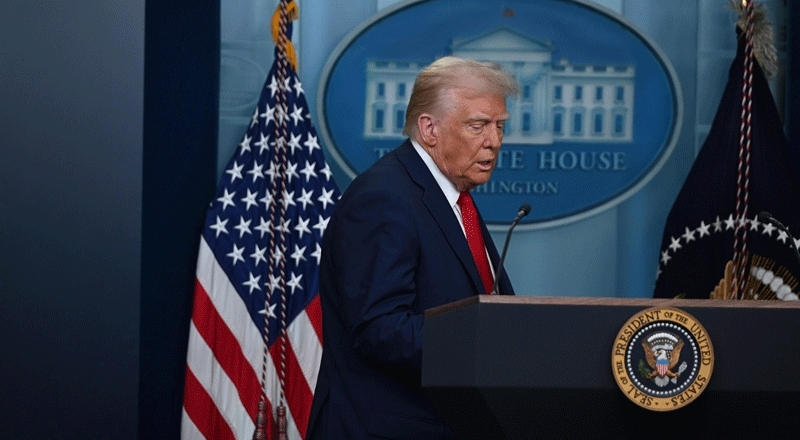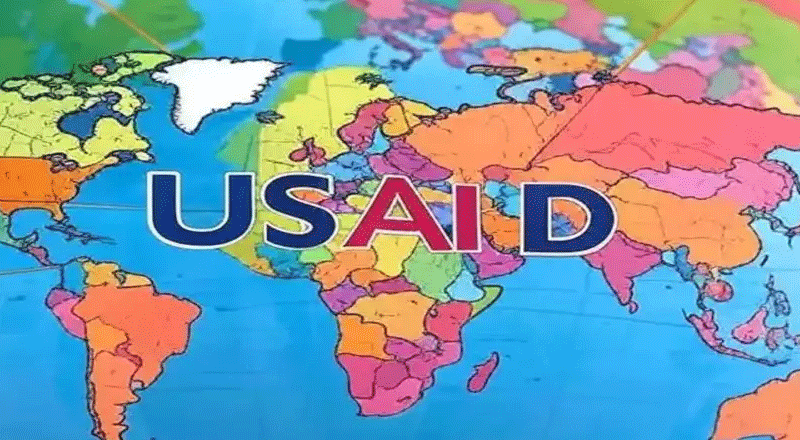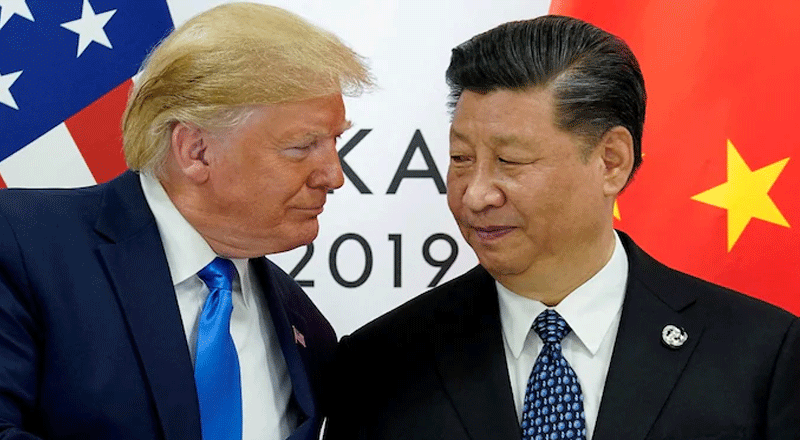- Russia-China Bilateral Relationship
- Deepening Mutual Friendship
- Military Trust and Cooperation
- Russia’s reaffirmation of support for China’s stance on Taiwan, China’s acknowledgment of Russia’s position on Ukraine
- Russia and China expressed serious concerns about US actions
- Economic Cooperation, Energy and Nuclear Partnership
In a display of unwavering solidarity, Chairman Xi Jinping welcomed President Vladimir Putin to China, marking the 75th anniversary of diplomatic ties between the two nations. The visit underscored the robustness of their “no-limits strategic partnership” and reaffirmed their commitment to mutual cooperation. The historic occasion solidified their shared vision for the future and highlighted the depth of their bilateral relations.
Contrary to expectations of urging restraint in global conflicts, Xi and Putin reinforced their military cooperation, vowing to deepen mutual trust and collaboration. The joint statement highlighted their commitment to expanding military exercises, joint patrols, and enhancing coordination in various security-related fields. This included agreements to share expertise in areas like deep-space exploration, satellite navigation, artificial intelligence, telecommunications, and cyber security.
The agreement between Russia and China underscores their mutual determination to defend their interests and resist external interference in their affairs. Both nations emphasized their resolve to confront common challenges and bolster their military capabilities. The strengthened military cooperation aims to ensure the security and stability of their respective regions while projecting power on the global stage.
Russia’s reaffirmation of support for China’s stance on Taiwan reflects their shared commitment to upholding territorial integrity and opposing separatist movements. Similarly, China’s acknowledgment of Russia’s position on Ukraine demonstrates solidarity in the face of external pressure. Both nations stand united in their rejection of outside interference and their determination to safeguard their sovereignty and national interests.
Russia and China expressed serious concerns about US actions perceived as threats to global stability. This includes the deployment of missile defense systems, development of high-precision weapons, and plans to deploy missiles in various regions. The joint statement emphasized the need to maintain a strategic balance and prevent nuclear conflict, highlighting the importance of dialogue and diplomacy in resolving international disputes.
Beyond military cooperation, Russia and China outlined plans to deepen economic ties and promote mutual development. The joint statement emphasized the need to increase the use of national currencies in bilateral trade, encourage debt issuance, and develop various industries such as civil aviation, shipbuilding, automotive manufacturing, and agriculture. They also committed to enhancing cooperation in information technology, energy, and nuclear technology, laying the groundwork for expanded economic collaboration.
Recognizing the importance of energy security, Russia and China pledged to work together to ensure stability in the global energy market. This includes cooperation in oil, natural gas, coal, and electricity, as well as efforts to strengthen energy value chains and cross-border infrastructure. Additionally, both nations reiterated their commitment to deepening cooperation in peaceful nuclear energy, with a focus on research and development in advanced nuclear technologies.
The meeting between Xi Jinping and Vladimir Putin solidified their military alliance and strategic partnership, signaling their intent to navigate global challenges together. As tensions persist on the world stage, Russia and China’s collaboration is poised to play a significant role in shaping geopolitical dynamics in the years to come. Their joint commitment to mutual trust, cooperation, and shared values reinforces their position as key players in the international arena.
(With inputs from agencies)





